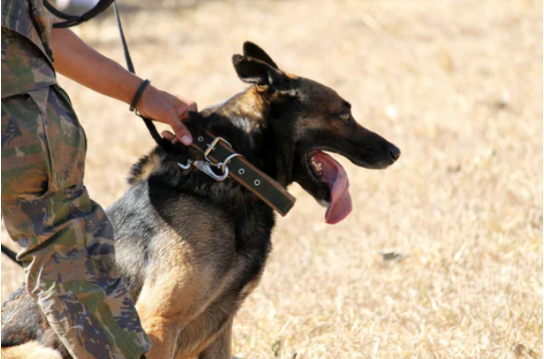Overcoming Training Roadblocks: Strategies for When Your Dog’s Progress Stalls or Regresses
Training your dog is a rewarding and enriching experience that strengthens the bond between you and your furry companion. However, even with the best intentions and consistent effort, it’s not uncommon to encounter challenges along the way. One of the most frustrating situations is when your dog’s progress seems to stall or even regress, despite your ongoing training efforts. This can leave you feeling discouraged and unsure of how to proceed. In this article, we’ll explore common reasons behind training roadblocks and provide practical strategies to help you overcome these obstacles and get your dog’s training back on track.
Identifying the Cause of the Training Roadblock
When your dog’s progress stalls or regresses, the first step is to identify the underlying cause of the issue. By pinpointing the specific factors contributing to the training challenge, you can develop a targeted approach to address the problem effectively. Some common reasons for training roadblocks include:
- Inconsistency in training: If you or other family members are not consistently reinforcing the desired behaviors or using the same training techniques, your dog may become confused and struggle to understand what is expected of them.
- Lack of motivation: If your dog loses interest in training or becomes less responsive to rewards, it may be a sign that the rewards you’re using are no longer motivating enough or that your dog is experiencing training fatigue.
- Distractions in the environment: As your dog’s skills improve, you may begin training in more challenging environments with increased distractions. If your dog becomes easily distracted or reverts to undesired behaviors in these new settings, it may indicate that they need more practice and reinforcement in lower-distraction environments first.
- Stress or anxiety: Changes in your dog’s environment, routine, or social interactions can lead to stress or anxiety, which may manifest as a regression in training progress. Identifying and addressing the source of your dog’s stress is crucial for getting their training back on track.
- Physical or medical issues: If your dog experiences pain, discomfort, or illness, it can impact their ability to focus and perform during training sessions. If you suspect a physical or medical issue, consult with your veterinarian to rule out any underlying health concerns.
Strategies for Overcoming Training Roadblocks
Once you’ve identified the potential causes behind your dog’s training roadblock, you can implement targeted strategies to help them overcome the challenge and regain their training momentum. Consider the following approaches:
- Review and reinforce the basics: Sometimes, taking a step back and reviewing the foundational skills you’ve already taught your dog can help solidify their understanding and boost their confidence. Break down the desired behavior into smaller, more manageable steps and practice each step separately before combining them again.
- Increase the value of rewards: If your dog seems less motivated by the rewards you’re using, try introducing higher-value treats or more engaging toys during training sessions. Experiment with different types of rewards to find what truly motivates your dog and keeps them engaged in the learning process.
- Manage distractions and gradually increase difficulty: If your dog struggles with distractions, begin training in low-distraction environments and gradually increase the level of difficulty as your dog becomes more proficient. Use positive reinforcement to reward your dog for focusing on you and performing the desired behavior despite the presence of distractions.
- Address stress and anxiety: If stress or anxiety is contributing to your dog’s training roadblock, work on creating a calm and predictable environment for your dog. Incorporate stress-reduction techniques such as massage, gentle exercise, and mental stimulation through puzzle toys or nose work games. If the anxiety persists, consider consulting with a professional dog trainer or veterinary behaviorist for additional guidance.
- Try different training methods: If your current training approach isn’t yielding the desired results, consider exploring alternative training methods or tools. For example, clicker training, target training, or incorporating training aids like collars for dogs (under the guidance of a professional trainer) may provide a fresh perspective and help your dog overcome the training roadblock.
Conclusion
Encountering training roadblocks is a normal part of the dog training journey, and it’s essential to approach these challenges with patience, understanding, and a problem-solving mindset. By identifying the underlying causes of your dog’s stalled progress or regression and implementing targeted strategies to address those issues, you can help your furry friend overcome the obstacles and continue making positive strides in their training.
Remember, every dog learns at their own pace, and setbacks are opportunities for growth and learning. Celebrate your dog’s successes, no matter how small, and maintain a positive and supportive training environment. If you continue to face persistent challenges, don’t hesitate to seek the guidance of a professional dog trainer who can provide personalized advice and support tailored to your dog’s specific needs.
With dedication, consistency, and a commitment to positive reinforcement, you and your dog can overcome training roadblocks and strengthen your bond along the way. Embrace the journey, learn from the challenges, and cherish the rewarding experience of watching your furry companion grow and thrive through the power of effective training.





















